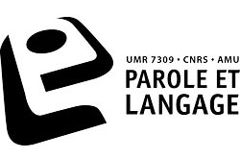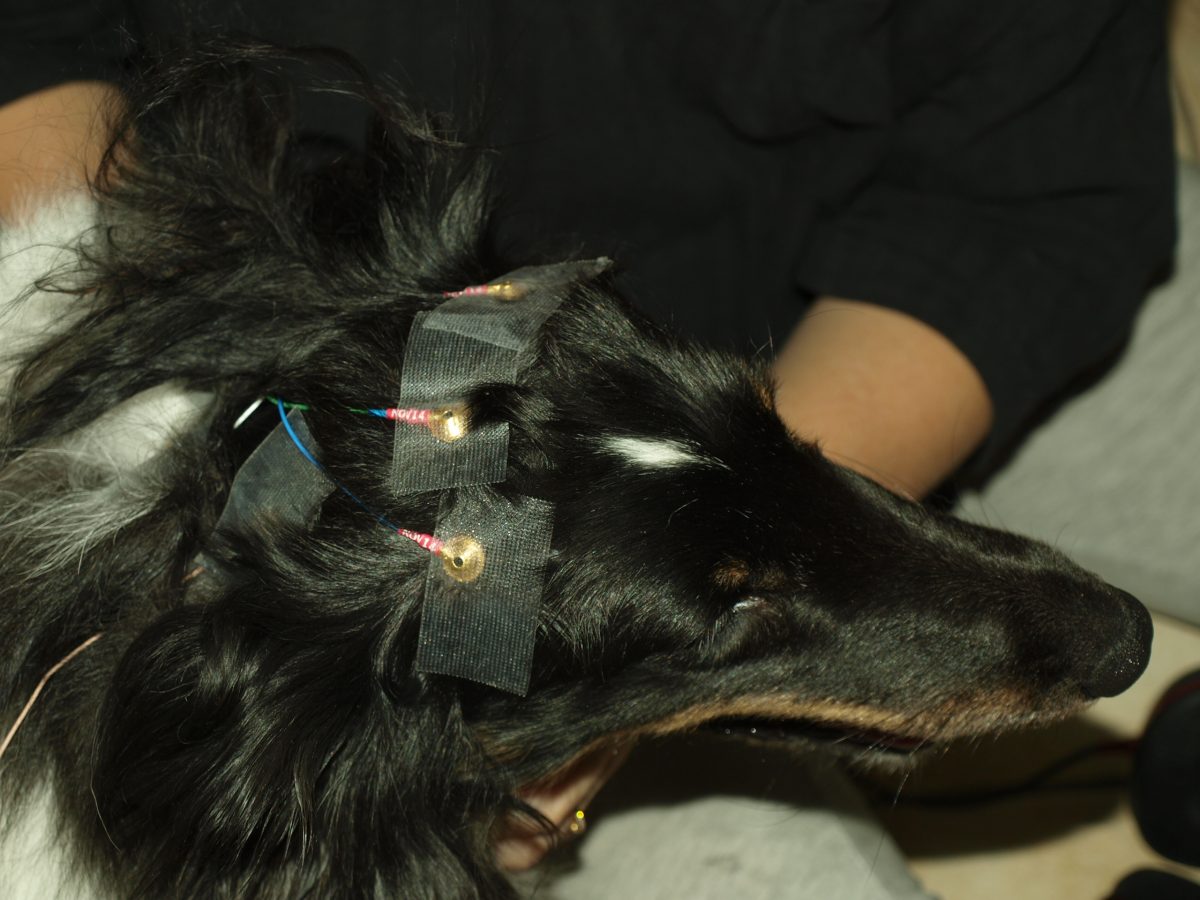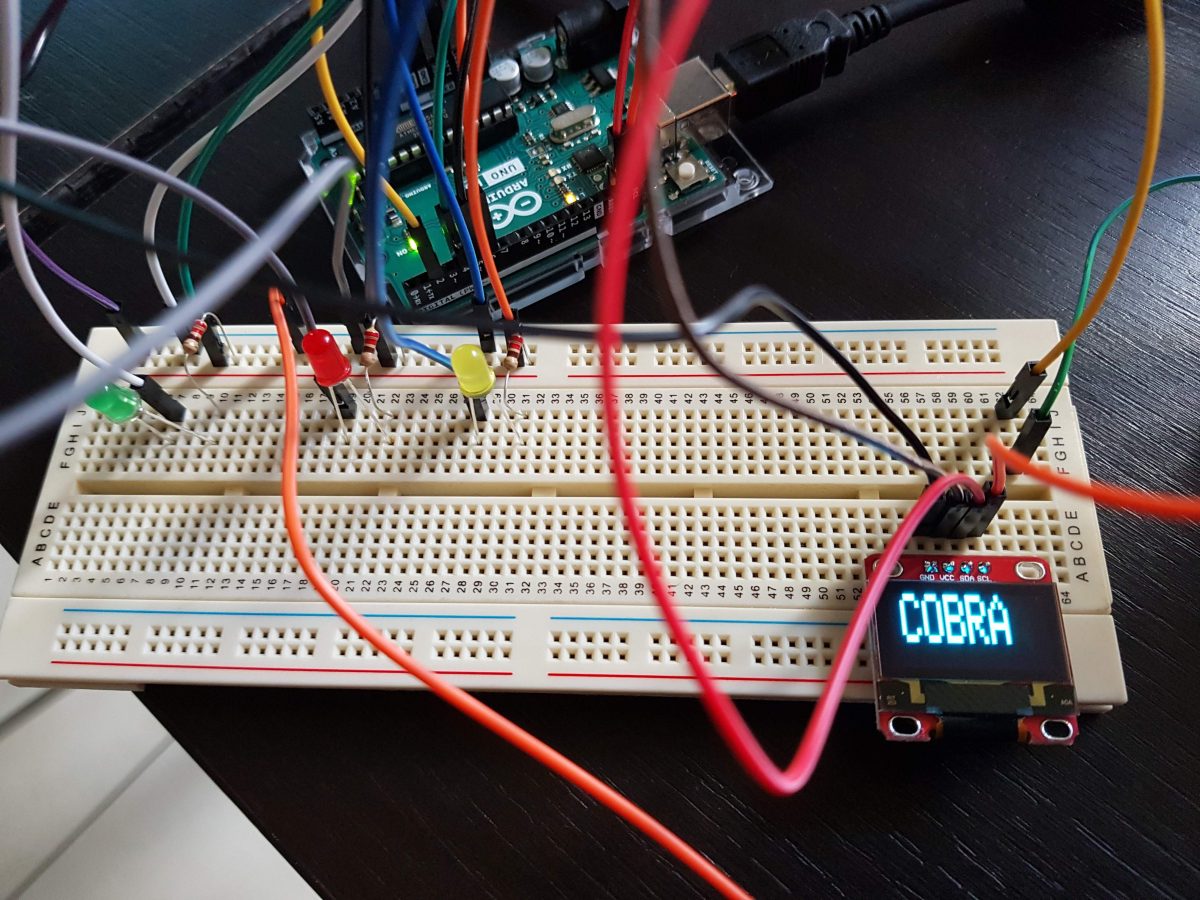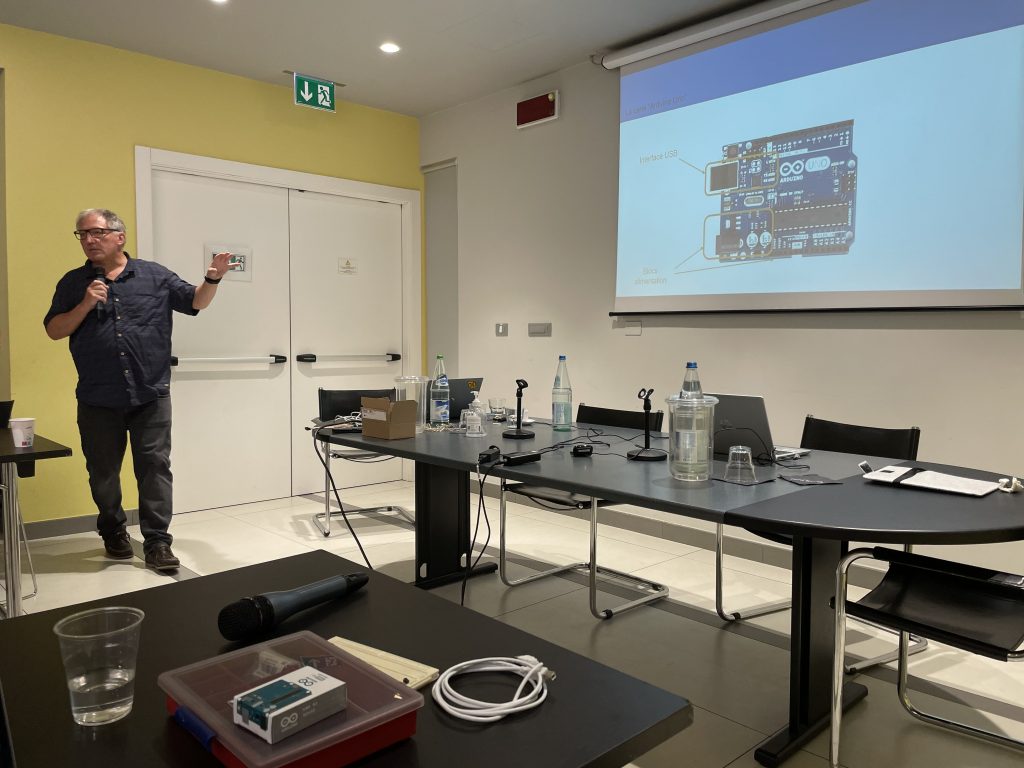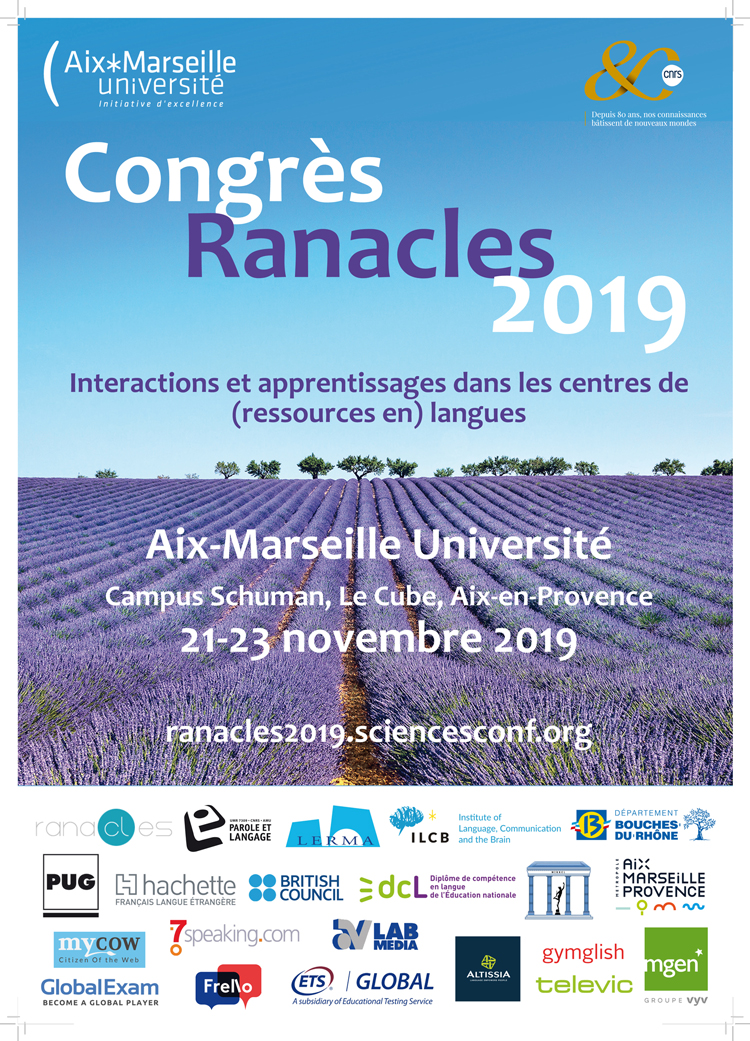The Institut Pasteur has just issued a press release on the study conducted by researchers from the University of Geneva, the Institut de l'Audition and the CRPN Marseille in collaboration with Thierry Legou (LPL), published in the journal PLOS Biology in October:
Reference: Déaux EC, Piette T, Gaunet F, Legou T, Arnal L, Giraud A-L (2024) Dog-human vocal interactions match dogs' sensory-motor tuning. PLoS Biol 22(10): e3002789.
Full text article: https://doi.org/10.1371/journal.pbio.3002789
This study ‘reveals that the pair meet halfway between their differences to communicate together. From their results, the researchers hypothesise that dogs and humans have co-adapted to be able to communicate together. Comparison with other canids that have not been domesticated by humans, such as wolves, would reveal which of the dog's linguistic abilities are due to its genetics and which are due to its socialisation’.
Crédits : Thierry Legou, LPL
